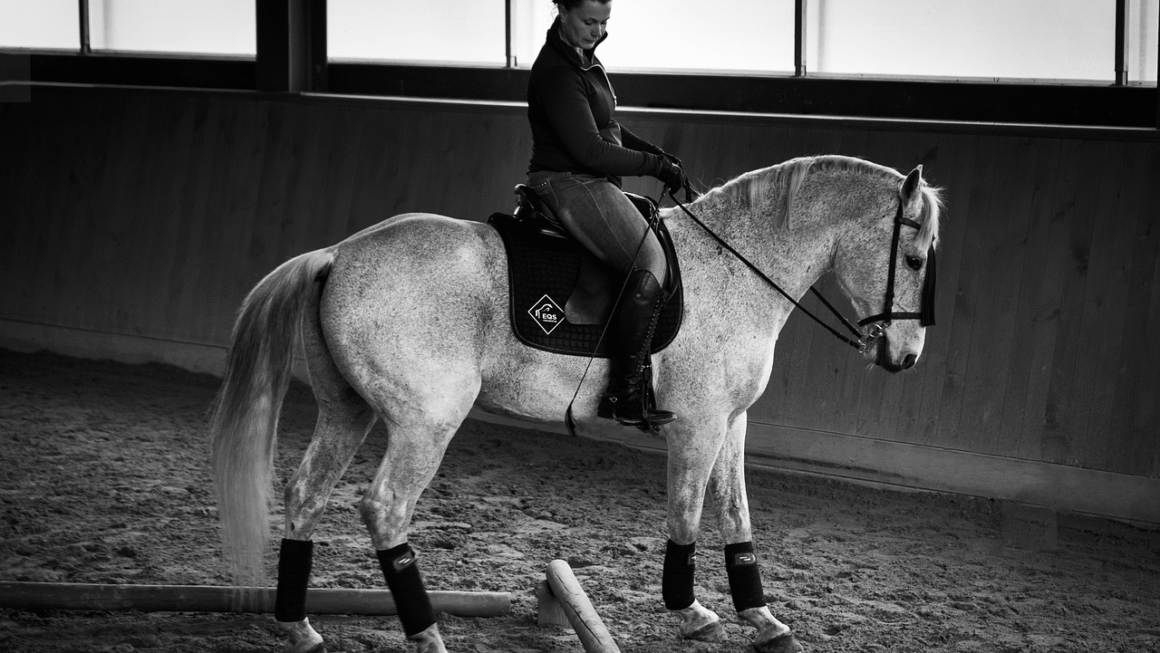Navigating the intricate web of friendships within a group can feel like tiptoeing through a minefield. One wrong step, one misunderstood comment, and suddenly, the close-knit dynamic you cherished is fractured by drama. Friend group drama is a common experience, yet understanding its root causes and how to effectively manage it is crucial for maintaining healthy and lasting relationships. This guide will delve into the complexities of friend group drama, offering practical strategies to navigate these challenging situations and foster stronger, more resilient bonds.
Understanding the Roots of Friend Group Drama
Communication Breakdowns
Communication is the bedrock of any healthy relationship, and its absence or misapplication often lies at the heart of friend group drama. Misunderstandings, assumptions, and unspoken resentments can fester and erupt, causing rifts and tension.
- Example: Sarah assumes her friend, Emily, didn’t invite her to a party on purpose, leading to hurt feelings and passive-aggressive behavior. In reality, Emily thought Sarah was out of town.
- Tip: Encourage open and honest communication. Actively listen to your friends, clarify any uncertainties, and express your feelings respectfully.
Competition and Jealousy
Friendship isn’t always a level playing field. Unconscious competition or feelings of jealousy can creep in, especially regarding romantic relationships, career success, or personal achievements.
- Example: Two friends vying for the attention of the same person in the group, leading to rivalry and manipulation.
- Tip: Focus on celebrating each other’s successes. Cultivate a mindset of abundance rather than scarcity. Remember that your friends’ accomplishments don’t diminish your own worth.
Conflicting Personalities and Values
Even the most compatible friend groups can experience friction when individuals have drastically different personalities or deeply held values.
- Example: A group with both introverted and extroverted members constantly arguing about what activities to participate in.
- Tip: Acknowledge and respect each other’s differences. Find common ground and be willing to compromise. Understand that disagreements are inevitable, but how you handle them defines the strength of the group.
Recognizing the Signs of Developing Drama
Increased Tension and Passive-Aggressiveness
Subtle shifts in behavior are often early warning signs of underlying issues.
- Noticeable tension during group gatherings.
- Passive-aggressive comments disguised as jokes.
- Sudden changes in communication patterns.
Formation of Cliques or Subgroups
When smaller groups splinter off within the larger friend group, it can indicate a growing divide and potential drama.
- Secret meetings or inside jokes that exclude other members.
- Gossip and negative talk circulating within specific subgroups.
- A noticeable shift in loyalty towards the smaller clique rather than the larger group.
Avoidance and Withdrawal
Individuals might start distancing themselves from the group altogether, signaling dissatisfaction or discomfort.
- Consistent excuses for declining invitations.
- Reduced participation in group conversations or activities.
- A noticeable change in demeanor when around certain members.
Strategies for Managing Friend Group Drama
Addressing Issues Directly (But Respectfully)
Confronting problems head-on, while maintaining respect and empathy, is crucial for resolving conflict.
- Tip: Choose a private and neutral setting to discuss the issue.
- Tip: Use “I” statements to express your feelings without placing blame. (“I feel hurt when…”)
- Tip: Actively listen to the other person’s perspective and try to understand their point of view.
Setting Boundaries
Establishing and enforcing clear boundaries is essential for maintaining healthy relationships and preventing future drama.
- Example: Politely decline to engage in gossip or negative conversations.
- Example: Express your discomfort with certain topics being discussed in the group.
- Tip: Be consistent with your boundaries and don’t be afraid to assert them when necessary.
Facilitating Open Communication
Creating a safe space for open and honest communication can prevent misunderstandings and resolve conflicts constructively.
- Tip: Suggest regular check-ins or group discussions to address any underlying issues.
- Tip: Encourage active listening and empathy.
- Tip: Consider seeking the help of a neutral mediator if the group is struggling to communicate effectively.
Knowing When to Take a Step Back
Sometimes, the best course of action is to distance yourself from the drama.
- Tip: Recognize when the situation is becoming toxic or emotionally draining.
- Tip: Prioritize your own well-being and don’t feel obligated to stay involved if it’s negatively impacting your mental health.
- Tip: Communicate your need for space to the group, if appropriate, and reiterate that it’s not a personal attack.
Fostering a Healthy and Drama-Free Friend Group
Promote Inclusivity and Acceptance
Creating a welcoming environment where everyone feels valued and respected is vital.
- Actively include all members in group activities and conversations.
- Celebrate diversity and respect individual differences.
- Avoid making exclusionary jokes or forming cliques.
Encourage Empathy and Understanding
Cultivating empathy allows you to see situations from different perspectives and respond with compassion.
- Actively listen to your friends’ concerns and offer support.
- Try to understand their motivations and perspectives, even if you disagree.
- Avoid making judgments or assumptions.
Establish Clear Expectations
Setting clear expectations for behavior within the group can prevent misunderstandings and conflicts.
- Discuss group values and expectations openly.
- Address any breaches of trust or respect immediately.
- Be willing to adjust expectations as the group evolves.
Conclusion
Friend group drama is an almost unavoidable aspect of life. While it can be painful and disruptive, understanding its underlying causes and implementing effective strategies can transform it into an opportunity for growth and stronger bonds. By fostering open communication, setting healthy boundaries, and promoting empathy, you can navigate the complexities of friendship and cultivate a supportive and drama-free environment. Remember, the goal isn’t to eliminate conflict entirely, but rather to equip yourselves with the tools to manage it constructively and maintain lasting, fulfilling relationships.




